Suboxone is the brand name for a combination drug made up of buprenorphine and naloxone and is most commonly used in the treatment of opioid addiction.
Using medications to treat an opioid disorder is known by medical professionals as MOUD (medication for opioid use disorder) and studies show that this method of opioid addiction treatment significantly lowers the risk of fatal overdoses by as much as half (1).
The two active components in Suboxone – buprenorphine and naloxone – work together to trick the brain into believing that you are taking opiates such as heroin.
By doing this, the person using Suboxone is less likely to become intoxicated and they have a better chance of weaning off substances completely.
Suboxone: What You Need to Know
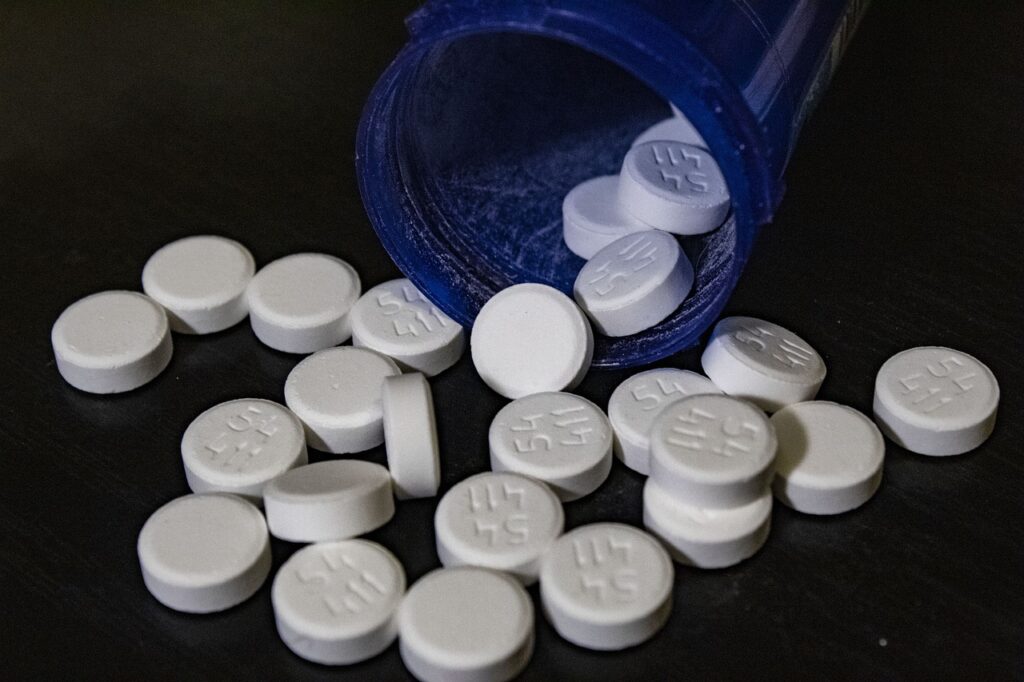
Any opioid addiction requires a medically assisted detox. This means that it is considered unsafe to stop taking the drug without medical intervention.
A medically assisted detox will replace an illegal or abused substance with a prescribed substance. The medication you are prescribed will mask the withdrawal symptoms and ease your cravings, allowing you to slowly come away from substances completely.
It is normal to have some worries or concerns before undergoing a medically assisted detox. After all, this isn’t going to be an easy journey. However, taking Suboxone is widely accepted to be a safe form of addiction recovery (2).
1. Suboxone blocks the “Opioid Effect”

Suboxone is an ‘opioid antagonist‘ which means that the components in the drug bind to the receptors in the brain that associate opioids with pleasurable feelings and counteract the effects of opioids such as heroin and morphine (3).
2. Suboxone is less addictive Than Methadone
Various studies show that Suboxone is the preferred treatment for the vast majority of individuals and healthcare providers when it comes to treating opioid addiction.
It is proven to be safer than Methadone in pregnant mothers, and overall adverse outcomes and mortality rates are lower when Suboxone is used instead of Methadone (4).
3. Suboxone comes in two forms
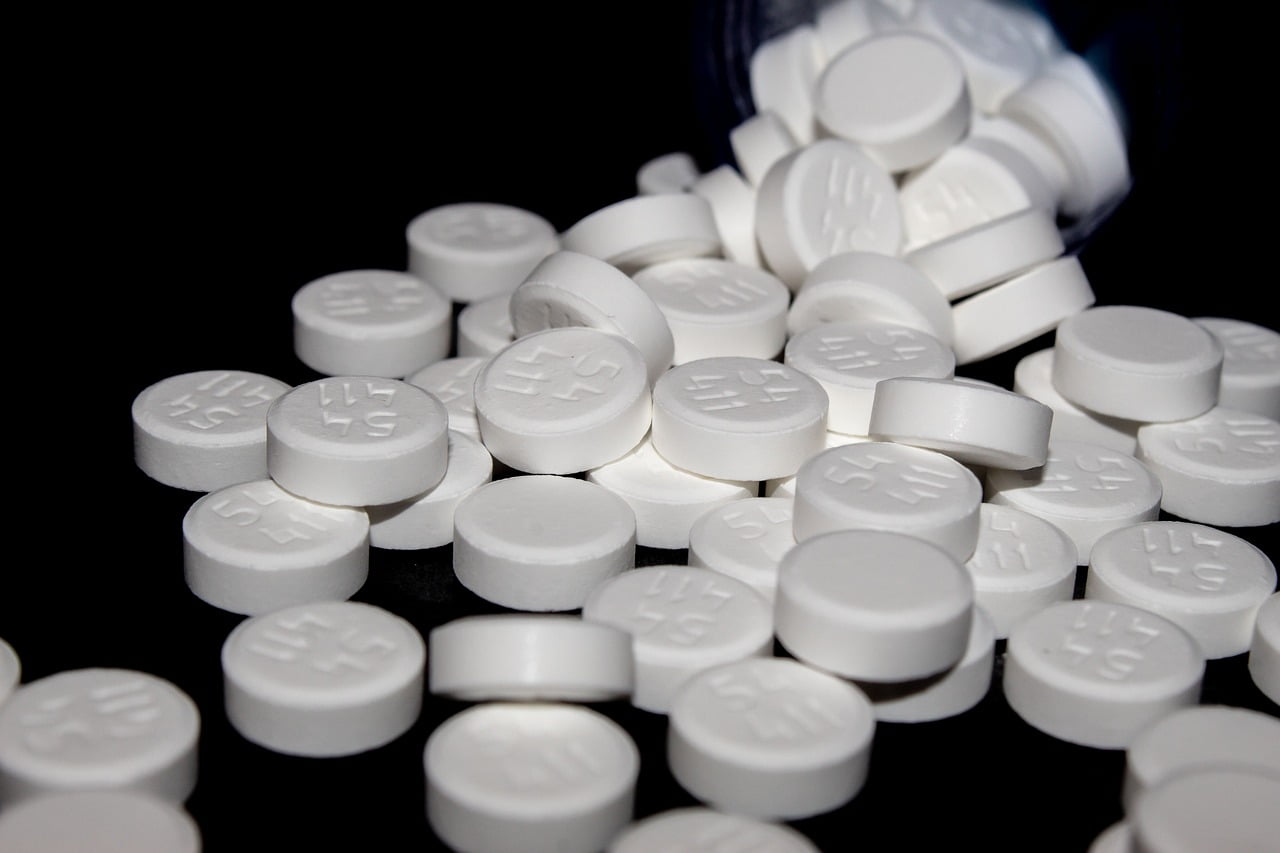
Suboxone comes in tablet form, and also in the form of a film that dissolves on your tongue. Both forms make the medication easy for anyone to take and both methods give the same results.
The form you receive can be discussed between you and your healthcare provider. Make sure to let your doctor know if you have a preference. The tablets are usually cheaper however, many people prefer the discreetness of the dissolvable film.
4. Suboxone is Just One Part of Recovery
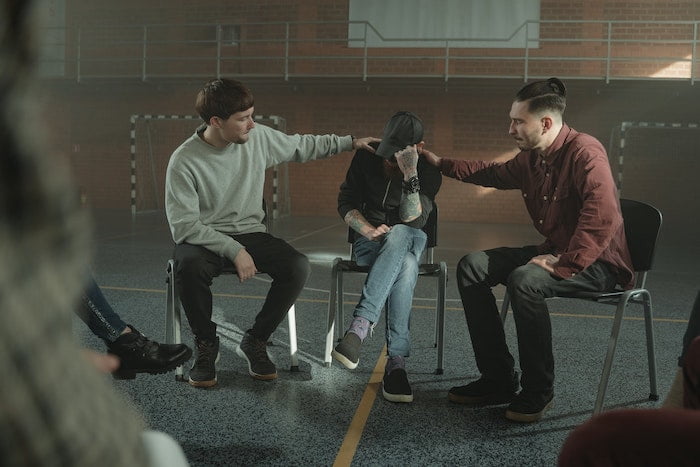
A medically assisted detox is just the beginning of any recovery, whether you are recovering from an opioid addiction, alcohol addiction or any other addiction that requires a medical detox.
When you attend drug and alcohol rehab to overcome an opioid addiction, your first two weeks will be spent undergoing a medical detox using Suboxone. After this stage of your rehabilitation is complete, you will begin to attend therapy appointments and other treatments to tackle the emotional cause of your addiction.
Your recovery will continue long after you have completed your stay in rehab and even long after you have been weaned off Suboxone. During your time in rehab, you will learn ways to avoid triggers and fight your cravings.
Suboxone, while effective, is not a magic pill that will make your addiction disappear. It will take hard work and determination from you.
Common Myths about Using Suboxone to Treat Addiction

Many medications – especially those that help with addiction recovery – are surrounded by myths and rumours.
These myths can play on the minds of people that need to seek addiction treatment and can act as a barrier to them getting the help they need.
At OK Rehab, we want addiction treatment to be available to everyone, so we want to dispel some of the common myths surrounding Suboxone and put your mind at ease that taking this recovery route is beneficial rather than detrimental.
Myth #1: You aren’t really in recovery if you’re on Suboxone.
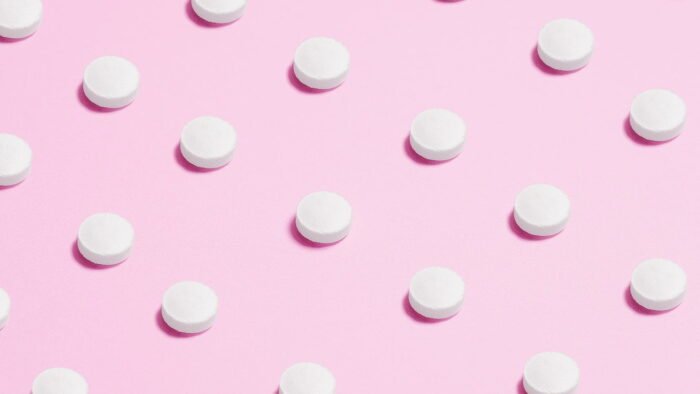
It is a common misconception that by taking Suboxone, you are effectively replacing one addiction with another.
This belief stems from the old-style AA-type recovery in which people seeking addiction treatment are encouraged to abstain from any substances entirely.
While this approach works for many people, addiction recovery does not have a ‘one size fits all approach, and it is important to allow each person to recover in a way that is most beneficial to them.
Taking Suboxone to help you overcome an addiction is no different than taking medication to treat hypertension and the stigma around medical detoxing needs to be removed.
Myth #2: Suboxone can be misused.
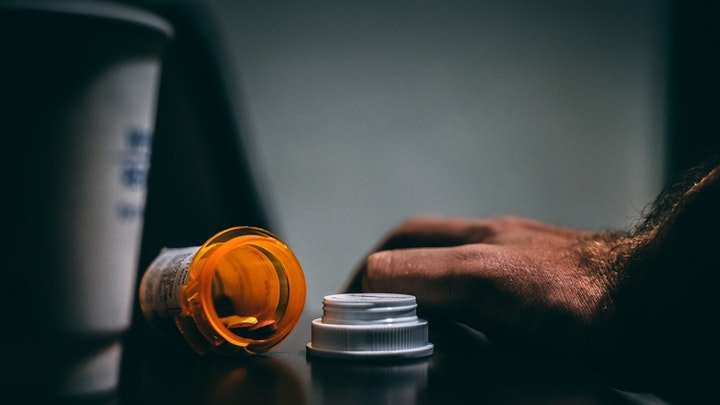
While this is technically true, the same can be said for most other medications.
Suboxone binds itself to the main opiate receptor in the brain, meaning that it acts in a similar way to opiates such as heroin. However, the level of euphoria that Suboxone causes is much lower than any drug that is ordinarily abused.
When people refer to Suboxone misuse, they are usually referring to people obtaining the medication illegally to manage their withdrawal symptoms or to help them recover from opioid addiction.
This label is harmful and can put people off obtaining Suboxone when their intentions are good.
Myth #3: It is easy to overdose on Suboxone.

Suboxone is not an easy medication to overdose on because it is only a partial opiate receptor agonist, which means that it works to a much lesser degree than other opioids. The level of euphoria obtained by using Suboxone is not likely to cause an addiction.
Studies show that in the vast majority of cases, people who have fatally overdosed using Suboxone were also using benzodiazepines (5). This is further evidenced by the fact that the cause of death in these instances was respiratory arrest which Suboxone is not known to cause.
Myth #4: Suboxone alone is enough to beat addiction.

In truth, addiction recovery works better when it includes a medical detox as well as therapy. This is because the withdrawal symptoms are taken care of while the emotional cause of the addiction is explored.
Treatment such as Cognitive Behavioural Therapy is a common addiction treatment and works well to help a person battling with addiction change their behaviour and approach to certain problematic situations.
While a medically assisted detox using medication such as Suboxone is important in overcoming addiction healthily and safely, it is often not enough to completely overcome an addiction.
Addiction experts are all in agreement that complete addiction recovery requires several different approaches and treatments all used together.
Myth #5: Suboxone is only safe for short periods.
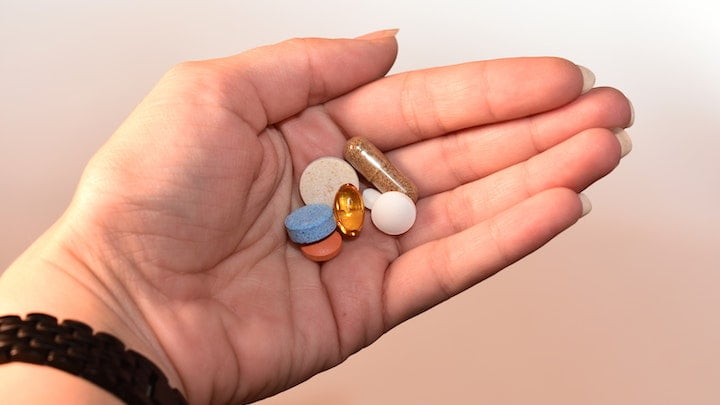
There is currently no solid evidence showing that Suboxone is unsafe after a certain period. However, if you are working with an addiction specialist or medical professional, they will work out a treatment plan for you and decide how long you may need to stay on the medication.
This can also be revisited at later dates and the length of time you are on it may be increased or reduced.
Many people take Suboxone over several months or years to help keep their addiction at bay. Many experts believe that this is no different than taking insulin to manage diabetes.
Suboxone Side Effects
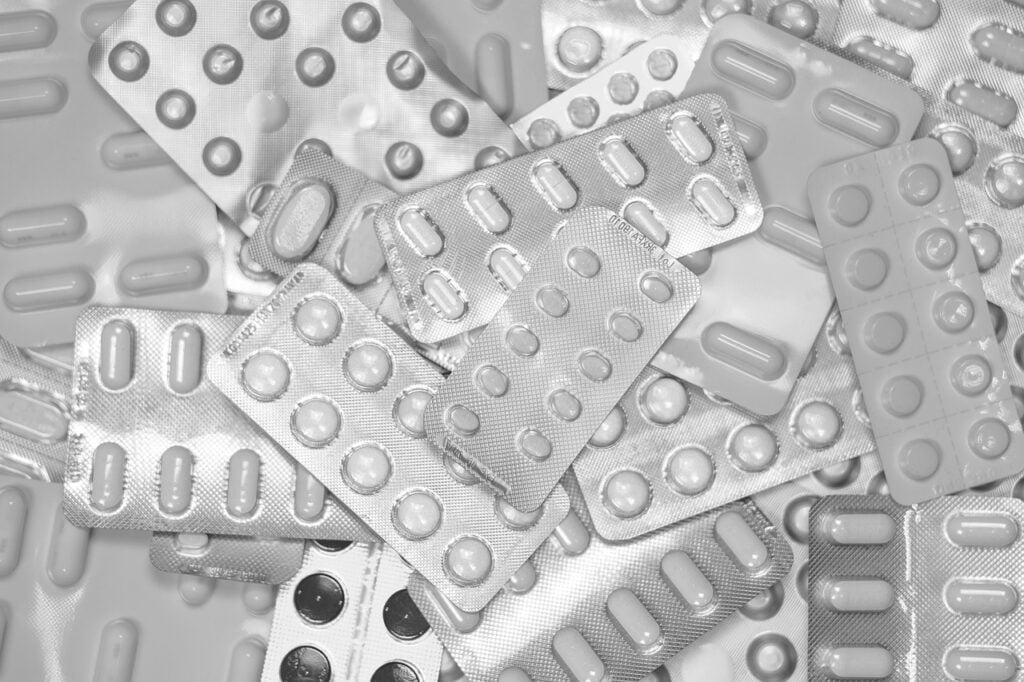
Just like most medications, Suboxone can cause some side effects.
These side effects do not affect everyone who uses this medication and most people who do experience side effects only experience minor issues. However, occasionally, serious side effects are reported.
Some of the most serious side effects are:
- Allergic reaction
- Breathing difficulties
- Liver damage
It should be noted that these side effects are extremely rare, however, if you are worried about these, you should speak to your healthcare provider for more information.
Alternatively, you can call one of our addiction specialists here at OK Rehab on 0800 326 5559. We are ready to take your call 24 hours a day.
Some less severe but more common side effects of using Suboxone are:
- Opioid withdrawal symptoms such as abdominal cramps and muscle aches
- Anxiety or depression
- Sweating
- Insomnia
- Diarrhoea or other gastrointestinal issues
- Fatigue
- Weakness
- Swelling of the tongue or lips (this may be an allergic reaction and you should seek immediate medical attention if this happens)
If you are concerned about the side effects, or you are taking Suboxone and are experiencing some side effects that make you uncomfortable, it is a good idea to revisit your healthcare provider. You may need a lower dosage or to be switched to a different medication altogether.
For more information on Suboxone or opioid addiction recovery, call us today for a friendly, private and non-judgemental conversation with a trained addiction specialist.
References
[1] The British Medical Journal – Opioid agonist treatment and risk of mortality during opioid overdose public health emergency: a population-based retrospective cohort study – https://www.bmj.com/content/368/bmj.m772.long
[2] National Library of Medicine – Buprenorphine for opioid addiction – https://www.ncbi.nlm.nih.gov/pmc/articles/PMC4283787/
[3] National Library of Medicine – Opioid Antagonists – https://pubmed.ncbi.nlm.nih.gov/30725764/
[4] National Library of Medicine – Suboxone: Rationale, Science, Misconceptions – https://www.ncbi.nlm.nih.gov/pmc/articles/PMC5855417/
[4] National Library of Medicine – Deaths involving buprenorphine: a compendium of French cases – https://pubmed.ncbi.nlm.nih.gov/11516889/





